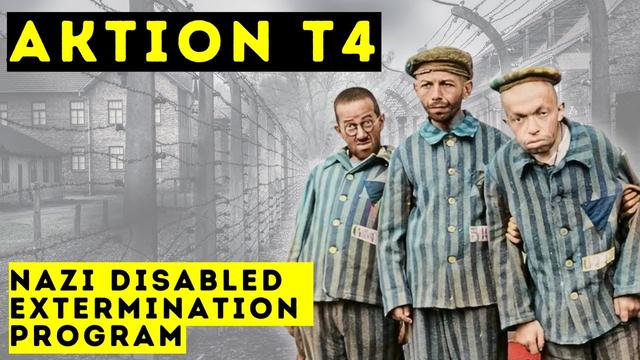#autistics
On the trip I took last weekend to the retreat I realize now that a lot of my discomfort had to do with the fact that I had to mask again. Not as in Covid masking, which I still do, but mask as an autism masking.
Part of it was because I was wearing an actual face mask, and when I wear an actual face mask, I often exaggerate my reactions with my body, hands and eyes so that people understand that I am listening and have heard what they have said. But I think I go a little bit overboard with that, a little too theatrical, as is my training.
I only had about a two hour window in which I could actually just be myself aroubd others, and that's when I was hanging around on the other side of the property where some hammocks were hung up with my two poet friends from here. That was a nice interlude!
I am going to go back, or at least I'm planning on it anyway. They retreats happen every six months, and like one of my friends said, it's way cheaper than an Airbnb -- and they feed you.
I also now know what I am "up against" as far as mixing with a population of people who maybe are on the surface somewhat like me, but in reality they are incredibly unlike me. One friend politely described them as "sheltered" and I get where she was coming from on that.
I perceived the other attendees as quite fierce and very strong in not only their practices but their convictions. I did not perceive them as overly proselytizing, which was actually really good. We were at a Christian camp in the Ozarks, but the retreat is not specifically Christian (I would not attend if it was, because I am not a Christian).
I do hope at least one of my poetry friends attends again when I go. It was nice to have them there as well nice as get to know them better in a less-structured and longer-lasting setting. One of them called our little group from here "The Witches of Neosho" lol. We did have some animated text discussions about tarot.
I don't think I'll need to take my support dog next time. It was actually kind of disruptive to have him with me; he didn't like the car rides and he did not do well being there. I'll have to think about it. He hasn't been without me since I got him. I'm not sure what would be the least stressful choice for him. I guess possibly having somebody physically pet sit at my house, but this time leave the dogs here?
#ActuallyAutistic #Masking
